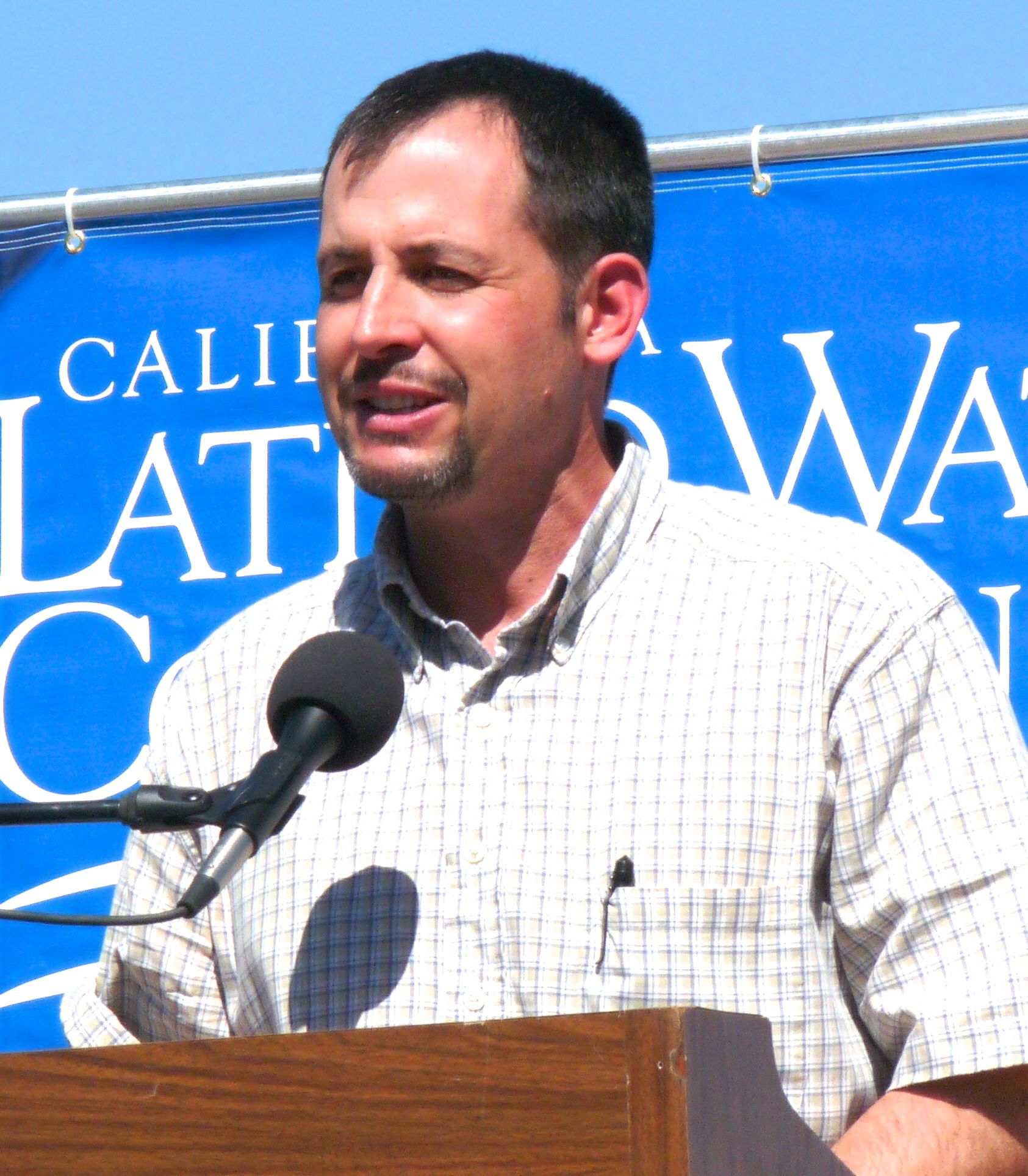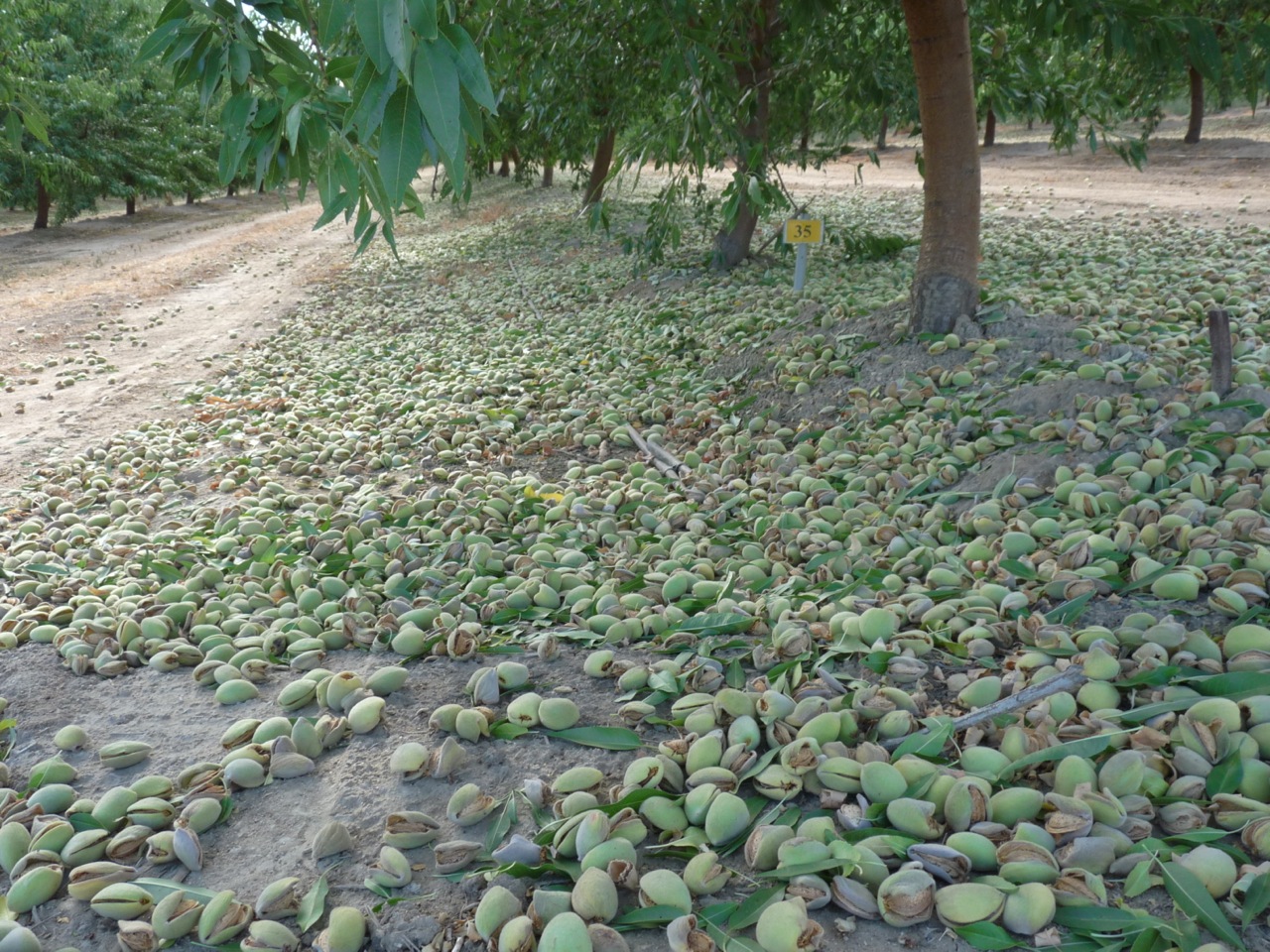Supreme Court declines to hear PLF’s challenge to Delta smelt “biop”
Washington, D.C.; January 12, 2015: The U.S. Supreme Court announced TODAY that it will not hear Pacific Legal Foundation’s (PLF’s) challenge to the Delta smelt “biological opinion,” a harsh and unjustified Endangered Species Act (ESA) regulation that has led to dramatic water cutbacks for tens of millions of people — including thousands of farms and businesses — in Central and Southern California.
In appealing the case — Stewart & Jasper Orchards v. Jewell — to the Supreme Court, PLF represented San Joaquin Valley farmers who grow almonds, walnuts, and pistachios, and who have been hit hard by the water cutbacks mandated by the Delta smelt “biop.” PLF represents these clients — as with all PLF clients — without charge.
Statement by PLF Director of Litigation James S. Burling
“We are disappointed that the Court declined to review the federal government’s damaging and unjustified Delta smelt regulations,” said James S. Burling, PLF’s Director of Litigation. “These regulations have harmed farmers and farm workers in the Central Valley, along with tens of millions of Southern Californians, by diverting vast quantities of water away from human use and out to the Pacific Ocean — all to try to improve the habitat of the Delta smelt, a three-inch fish on the Endangered Species Act list. As a result, hundreds of thousands of acres of once-productive farmland have been idled, farm workers have lost their jobs, and farmers are losing their farms. Water users in Southern California have seen rates rise significantly. And the impacts of the state’s record-level drought have been much worse.
“The feds broke their own rules when they concocted these destructive Endangered Species Act regulations, because they ignored the punishing economic impact,” Burling continued. “And the Ninth Circuit was wrong to uphold the water cutbacks, because it relied on an old interpretation of the ESA that gave short shrift to the interests of human beings. If that anti-human interpretation — in the 1978 Supreme Court case of TVA v. Hill — was ever correct, it is obsolete now, after subsequent changes in the ESA. It is high time to formally reverse that ruling.”
“Unfortunately, the High Court will not hear the challenge to the Delta smelt water cutoffs,” Burling said. “But Pacific Legal Foundation is not giving up. We will return again and again to ask the Court to review — and reverse — the perverse and outmoded TVA precedent that is being used to justify policies that are literally anti-human. The protection of imperiled species is important, but so is the protection of jobs and the economy. PLF will continue to fight for that principle until it is fully embraced by the courts and fully implemented by the bureaucracy.”
PLF’s argument: Delta Smelt Regulators Wrongly Ignored Economic Impacts
Listed as “threatened” under the ESA, the smelt is a three-inch fish in the Sacramento-San Joaquin Delta. In a controversial strategy to help the smelt, federal regulations under the 2008 “biop” sent vast quantities of water to the ocean — instead of storing it behind dams or pumping south for cities, towns, and farms. However, the smelt hasn’t improved — but the economy has suffered, and the effects of the drought have been made worse.
PLF’s legal challenge was based on the fact that the U.S. Fish and Wildlife Service violated its own regulations in drafting the Delta smelt biop. The agency ignored the potential harms — even though it was supposed to take economic considerations into account. “The economic impacts have been devastating,” noted Burling. “Pumping restrictions have fallowed hundreds of thousands of acres of farmland, and Southern Californians have seen water rates rise by as much as 20 percent. And once the drought set in, the impacts were more severe because of the Delta smelt regulations. By sending vast amounts of water directly to the ocean, the smelt regulations meant there was less water saved in reservoirs for the dry times.”
PLF’s case asked the Supreme Court to help drought-stricken California
by rejecting the Delta smelt biop — and reversing the “anti-human” TVA v. Hill
In 2010, then-U.S. District Court Judge Oliver W. Wanger, of Fresno, struck down the Delta smelt biop, holding that it had been drafted “arbitrarily and capriciously,” with “sloppy science and uni-directional prescriptions that ignore California’s water needs.”
However, this past March, a divided Ninth Circuit panel reversed Wanger’s order that the biop be rewritten. Although the Ninth Circuit acknowledged that the biop is a “chaotic document,” poorly reasoned and written, the court upheld it by citing TVA v. Hill, a controversial 1978 Supreme Court ruling.
TVA v. Hill interpreted the ESA as giving a blank check for onerous species-protection regulations, “whatever the cost” for the interests of human beings. “TVA was always an extreme reading of the ESA,” said Burling. “But it is clearly obsolete now. After TVA, Congress made it crystal clear that regulators must take a balanced approach to ESA regulations, by requiring that any species-protection rules to restrict government projects must be ‘reasonable and prudent.’ The Supreme Court needs to reconsider TVA’s outdated perspective. Unfortunately, the justices declined to use the Delta smelt case as an opportunity to do so. But PLF will continue to litigate, on various fronts, until TVA is reconsidered, and the courts insist on balance and common sense in ESA regulations.”
PLF represents Central Valley farmers
In challenging the Delta smelt biop, PLF attorneys represented three farms in California’s San Joaquin Valley that have been seriously affected, since 2008, by the water cutbacks: Stewart & Jasper Orchards (an almond and walnut farm); Arroyo Farms (an almond farm); and King Pistachio Grove (a pistachio farm). PLF represents the clients in this case — as in all our cases — free of charge.
The case is Stewart & Jasper Orchards v. Jewell. PLF’s petition for certiorari, a video, and a podcast are available at: www.pacificlegal.org.
About Pacific Legal Foundation
Donor-supported Pacific Legal Foundation (www.pacificlegal.org) is a nonprofit public interest watchdog organization that litigates for limited government, property rights, and a balanced approach to environmental regulation, in courts across the country. PLF represents all clients free of charge.



















